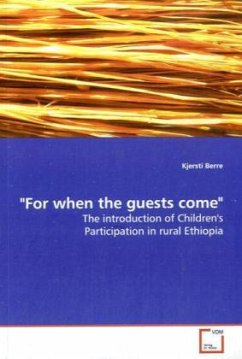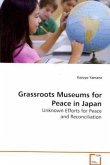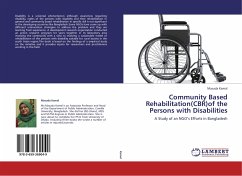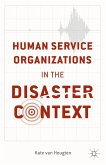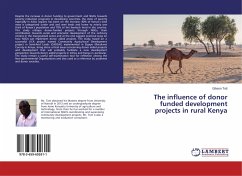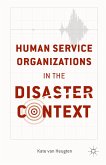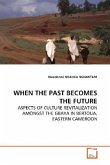International languages of management, therapy,
marketing and advertising have their own jargon,
specialized terminology and global standard phrases.
In the development discourse, "sustainability",
"rights based", "participatory" are some frequently
used terms.
The "right for children to participate" is among the
development concepts that travel from an NGO in a
Western country, to (in this case) youth and project
workers in rural Ethiopia, and back to the donor
seemingly unaffected by the many local adaptations
that the concept has undergone on the way. In the
daily lives of village youth, "children s
participation" is not an abstract universal right but
a concrete strategy for managing their individual
lives. The reports from the field to head office do
not capture these local practices, but repeats the
idealized, timeless and depersonalized versions of
the concept.
This book looks into some reasons for how and why
this might happen. It provides insight to those
interested in the complexities of development work.
It also explores some aspects of transnational
communication in an Ethiopian/Amhara context.
marketing and advertising have their own jargon,
specialized terminology and global standard phrases.
In the development discourse, "sustainability",
"rights based", "participatory" are some frequently
used terms.
The "right for children to participate" is among the
development concepts that travel from an NGO in a
Western country, to (in this case) youth and project
workers in rural Ethiopia, and back to the donor
seemingly unaffected by the many local adaptations
that the concept has undergone on the way. In the
daily lives of village youth, "children s
participation" is not an abstract universal right but
a concrete strategy for managing their individual
lives. The reports from the field to head office do
not capture these local practices, but repeats the
idealized, timeless and depersonalized versions of
the concept.
This book looks into some reasons for how and why
this might happen. It provides insight to those
interested in the complexities of development work.
It also explores some aspects of transnational
communication in an Ethiopian/Amhara context.

